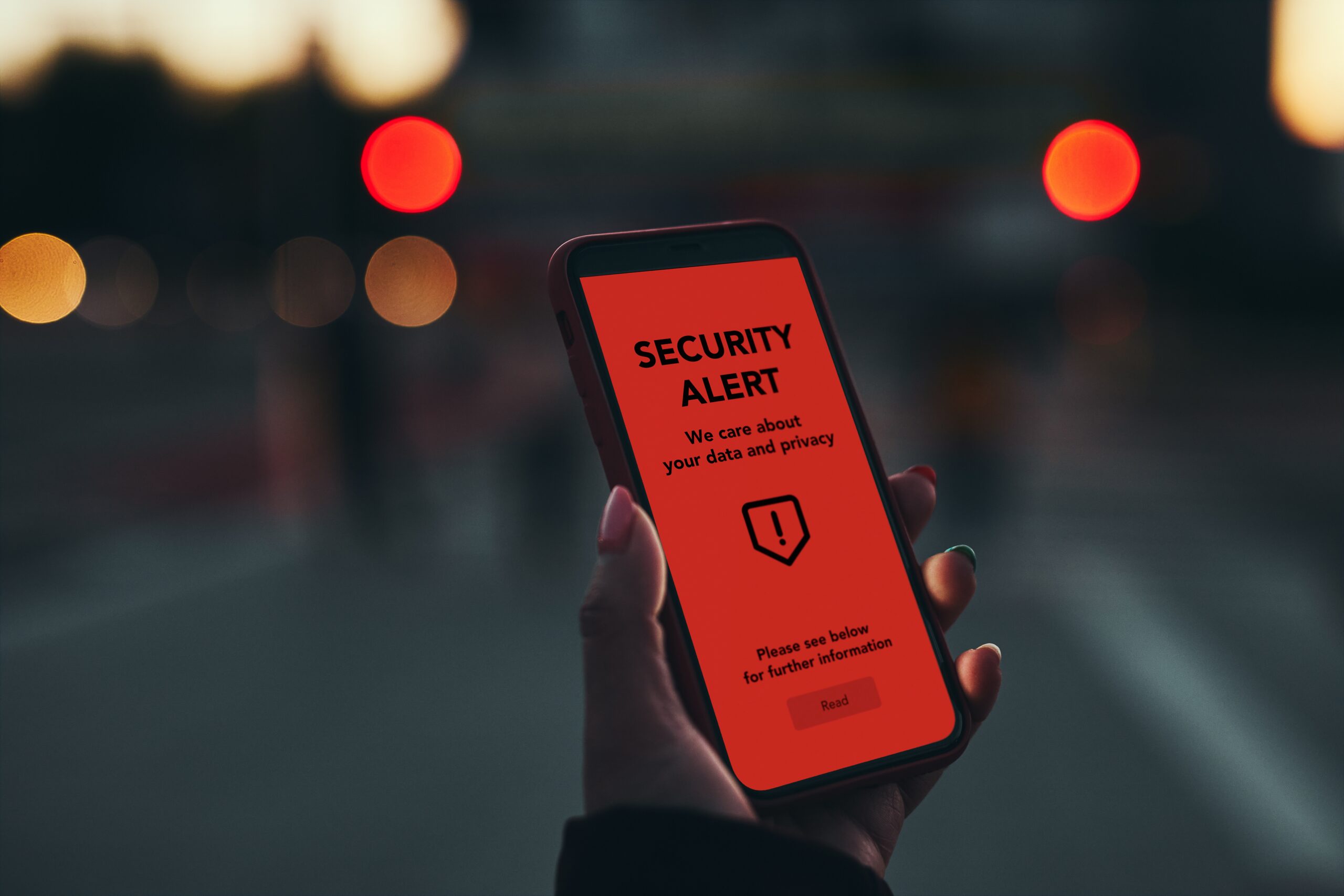Many African freelancers have fallen victim to fake offers, unpaid projects, fraudulent clients, and some have even been hacked. Some of these clients have promised high pay for easy work, only for freelancers to end up wasting time, losing money, or giving away their skills for free. If a too-good-to-be-true opportunity has ever burned you, you’re not alone. Remote job scams are becoming alarming.
This article is meant to keep you protected and keep you from falling for these remote job scams as you build your freelancing career.
Why African Freelancers Are Usually Targeted
Let’s face it, African freelancers are some of the most talented, creative, and career-driven remote workers out there. But the sad truth is, scammers often target African freelancers for a variety of reasons:
- Currency exchange rates mean “low” offers can still seem attractive.
- Most are so eager to get international work that they may overlook warning signs.
- They trust big and high-paying offers.
Pointers of Remote Job Scams
Before you accept a job, apply, click a document link, or give out any personal info, watch out for these warning signs:
1. No Interview or Process: If someone wishes to hire you on the spot without reviewing your work or having a decent interview, it’s most likely a scam.
2. Vague Job Descriptions: Real employers provide clear tasks, deadlines, and job deliverables. When a work opportunity seems too vague or too good to be true, it’s probably a scam. You see the pay and the task with little or no relevance, don’t fall for it.
3. Requesting Money Upfront: Whether you’re asked to pay a registration fee, software fee, or security deposit, it is a scam job. Real remote job offers will never ask you to pay for getting hired.
4. Unprofessional Email Addresses: If you get a job offer from a personal email with no company domain, you might want to look through it again because it looks like a scam.
5. No Online Presence: If the client or company has no website, no LinkedIn, and no traceable existence online. That should tell you it is one of the remote job scams people often discuss.

How to Protect Yourself as a Freelancer
Real remote jobs are available on many freelancing platforms, but even if it seems like a legit job offer, here are some ways to protect yourself.
Always have contracts
Never mind if it’s a $50 job or a $5,000 project, always use a written contract. And your contract must include: Work to be performed, payment terms, deadlines, and the cost of non-performance.
If you haven’t already gotten a client contract, there are many free contract templates available online.
Request partial payments or milestones
One of the largest deceptions used in remote job scams is to assure you of “full payment upon delivery,” and then they vanish when you submit the work. Instead, request a 30%–50% deposit, split the project into small milestones (Upwork, for instance, allows payments by milestone), and use escrow if the freelance site allows it.
Watch out for payment delays or excuses
If your client habitually delays payment with excuses like “My PayPal isn’t working” or “Can I pay you next week?”, that’s a red flag. Set clear boundaries, and if need be, stop all work until you receive payment.
How to Build a Reputation That Attracts Real Clients
The best long-term defense against remote job scams is credibility. Get yourself recognized as a skilled, dependable professional, and legitimate clients will find you.
- Collect Reviews and Testimonials: At the end of every successful project, ask the client to leave a review or recommendation, especially on public websites.
- Create an Online Portfolio: Use Behance, LinkedIn, or a personal website to showcase your work. The more visibility you have, the more clients will take you seriously.
- Network with Other Freelancers: Join freelance communities on WhatsApp, Discord, or Facebook to share job leads, get feedback, and warn each other about suspicious clients.
Final Thoughts
Scammers are always going to be out there, but with the proper knowledge and tools, you don’t need to be the next remote job scam. You also deserve a good client who recognises your worth and is willing to pay for your services. You can check out this video pitching guide to help you bag better job offers.





